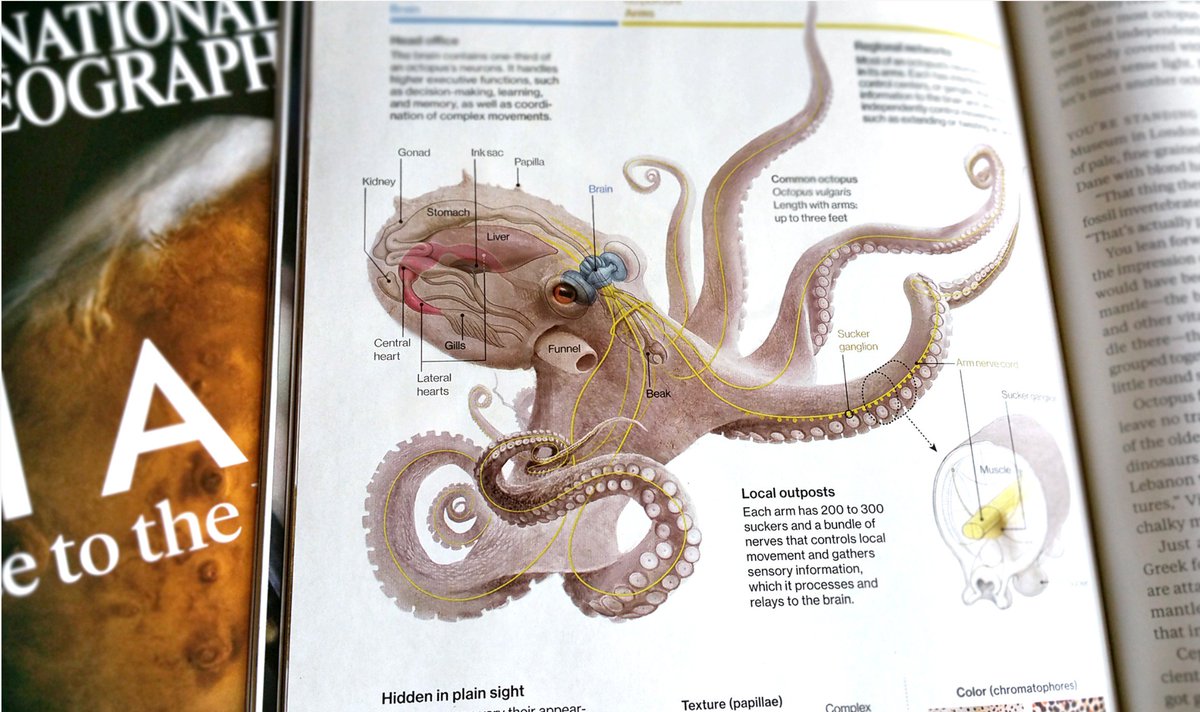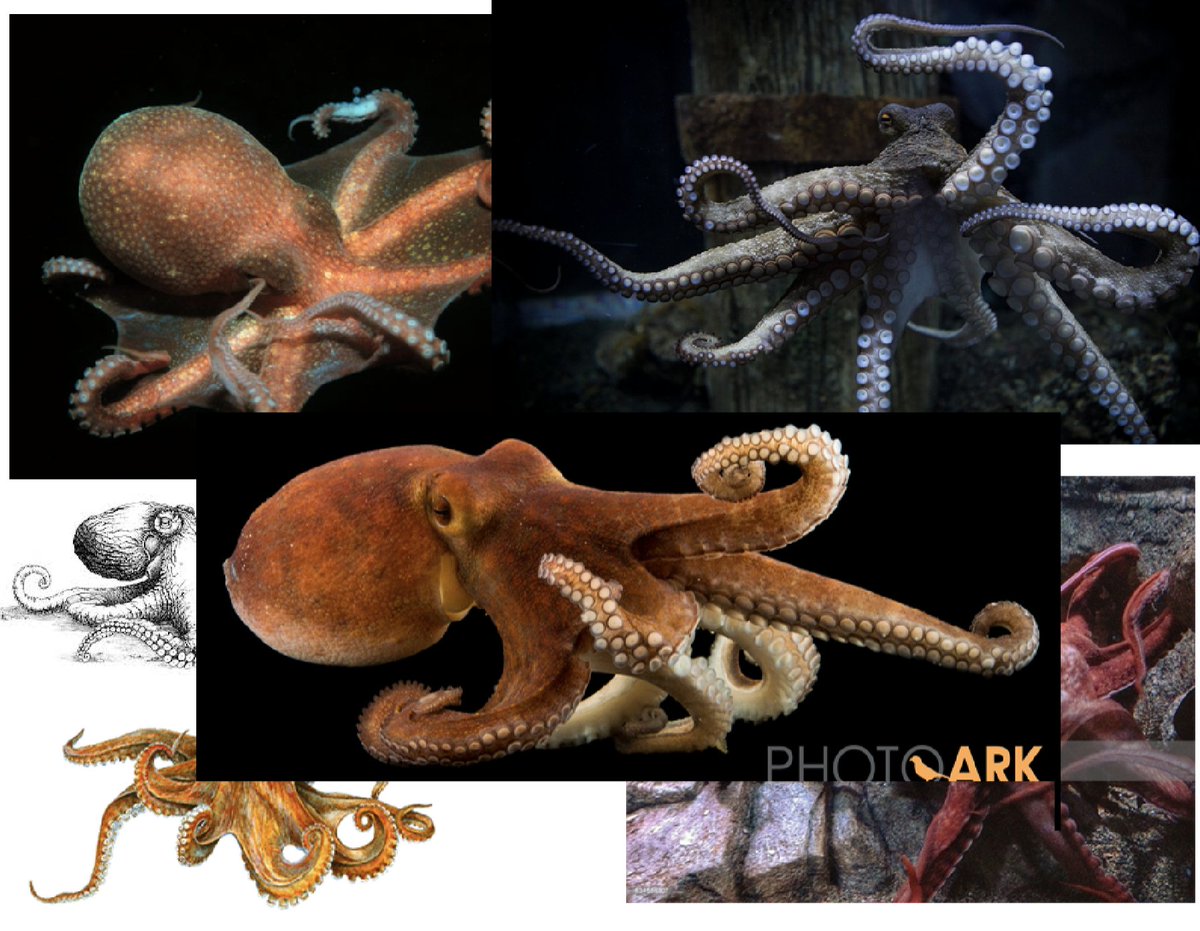My research mostly focuses on how we can get people to feel a bit happier about sharing their land with wildlife. When we disagree on how to manage wildlife, this is called #HumanWildlifeConflict. If an elephant destroys a crop, farmers want to get rid of that elephant 👨🌾🐘🌽
#DYK there are tamed Asian elephants used to herd wild elephants away from villages to limit crop/property damage? You can read more about them here wwf.or.id/en/about_wwf/w…
There are options for reducing wildlife damage but none are fullproof. Putting up fences can help, but there are consequences of fencing off large parts of land, as this reduces habitat for wildlife. Fences are a touchy subject for lion researchers nature.com/news/fences-di…
Another way to get people to feel happier about having pesky wildlife on their land is if they benefit from it in some way, like getting money from tourism or they can cull surplus animals for food/trophies. However, this latter option is a SUPER touchy subject for most people
Trophy hunting certainly isn't for everyone; it's one of the bloodiest parts of conservation. When done unsustainably, it can drive population declines. BUT when done sustainably it can create incentives for people to protect wildlife & the habitats they depend on
If you'd like to learn more about this complicated subject, I really recommend @SaraTEvans new book When the Last Lion Roars by @BloomsburyBooks as it explains the complexities & nuances of lion trophy hunting really well whenthelastlionroars.com
• • •
Missing some Tweet in this thread? You can try to
force a refresh











